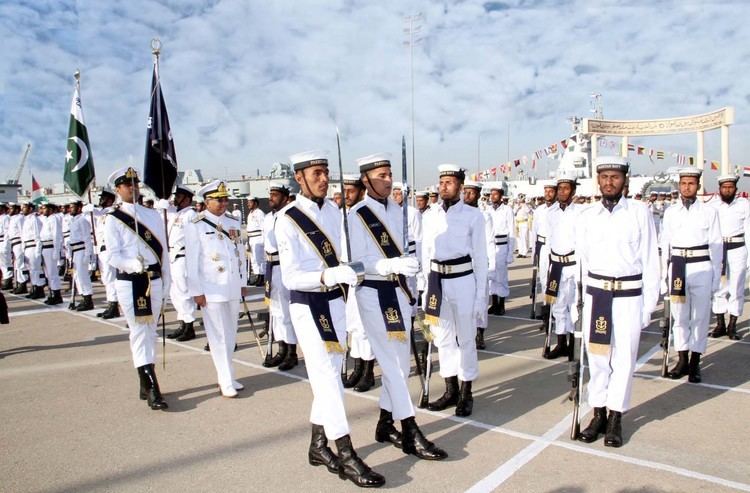Ali Basit
The Pakistan Navy, since its inception in 1947, has played a vital role in securing the maritime frontiers of the nation and protecting its national interests. As we commemorate the day of independence, it is imperative to acknowledge the unwavering commitment of the Pakistan Navy in defending the country’s sovereignty, promoting regional stability, and fostering international cooperation at sea. This article explores the profound significance of the Pakistan Navy in maintaining independence and safeguarding the nation’s maritime interests.
With the partition of the Indian subcontinent in 1947, the newly formed Pakistan inherited a small naval force comprising of a very few naval ships and personnel. However, recognizing the strategic importance of a naval force, Pakistan embarked on a journey to establish a robust navy capable of safeguarding its maritime boundaries. Over the years, the Pakistan Navy has grown into a modern maritime force equipped with advanced platforms, cutting-edge technology, and highly trained personnel.
During its formative years, the Pakistan Navy faced the challenge of building a naval force from scratch. With limited resources, the navy focused on developing infrastructure, training personnel, and acquiring essential naval assets. It acquired surplus ships, minesweepers, and patrol craft from various countries to establish its fleet. The 1970s witnessed a significant expansion and modernization of the Pakistan Navy. The acquisition of destroyers, frigates, and submarines marked a major milestone. The induction of submarine capability brought a new dimension to the navy’s operational capabilities. Furthermore, the establishment of the Karachi Shipyard & Engineering Works (KS&EW) and the Pakistan Naval Academy (PNA) enhanced indigenous shipbuilding and human resource development capabilities.
In the early 2000s, the Pakistan Navy intensified its efforts to strengthen coastal defense and maritime security. It established forward operating bases, coastal radar networks, and maritime surveillance systems to counter emerging threats such as terrorism, piracy, and smuggling. The navy actively participates in international counter-piracy efforts, including Combined Task Force 150 and 151, contributing to the safety of maritime trade routes. The Pakistan Navy has a commendable record in conducting humanitarian assistance and disaster relief operations. It has actively responded to natural disasters, both within Pakistan and in neighboring countries. Notable operations include relief efforts during the 2005 earthquake in Pakistan, the 2010 floods, and Covid-19. The Pakistan Navy actively engages in international cooperation initiatives, joint exercises, and peacekeeping operations. It regularly conducts biennial multilateral exercise AMAN and participates in various other bilateral exercises with friendly navies to enhance interoperability and foster goodwill. The navy has also contributed to United Nations peacekeeping missions, demonstrating its commitment to global security and stability.
During wartimes, Pakistan Navy has always espoused high standards of professionalism and valour. In 1965 war, Operation “Dwarka” launched by Pakistan Navy caused irreparable damage to Indian Navy, vehemently destroyed the Indian Radar system. In addition, Pakistan Navy’s submarine Ghazi moved its patrol to Bombay harbor to challenge enemy’s ships namely INS Vikrant and INS Mysore to dock out and get destroyed. This psychological fear of Ghazi adversely affected the Indian Navy’s operational maneuvers. Yet again in the 1971 war, sinking of Indian warship Kukri brought an immense wartime casualty by PNS Hangor, is the only incident after WWII wherein any conventional submarine sank a Warship. Furthermore, the detections of Indian Navy submarines, after Pulwama military standoff, by Pakistan Navy evidently portrays its effective employment strategy coupled with superior professional acumen.
Over the past seven decades, the Pakistan Navy has evolved into a professional and capable maritime force. From its humble beginnings, the navy has successfully navigated challenges and pursued a path of development, modernization, and self-reliance. With a focus on indigenous capabilities, technological advancements, and international cooperation, the Pakistan Navy remains committed to safeguarding the maritime interests of the nation and contributing to regional and global peace and security.







